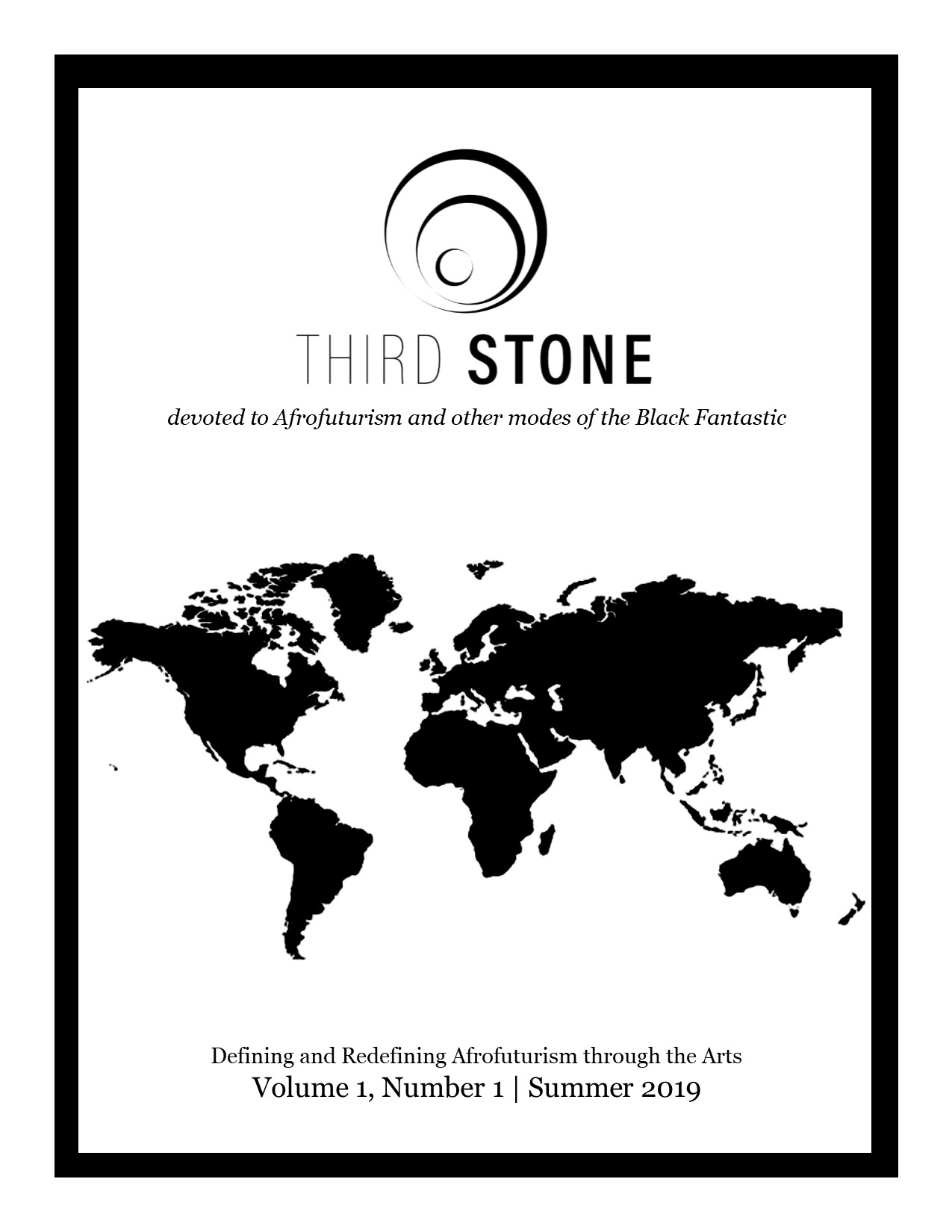George Schuyler: An Afrofuturist Before His TimePosted in Articles, Literary/Artistic Criticism, Media Archive, Philosophy, United States on 2019-09-17 17:18Z by Steven |
George Schuyler: An Afrofuturist Before His Time
The New York Review of Books
2018-01-19
 Jacob Lawrence: Harlem Street Scene, 1942 Private Collection/Christie’s Images/Bridgeman Images/The Jacob and Gwendolyn Knight Lawrence Foundation, Seattle/Artists Rights Society (ARS), New York |
The first time I read George Schuyler’s 1931 novel, Black No More, it confused and unsettled me. Black No More is based on a fantastical, speculative premise: What if there were a machine that could turn black people permanently white? What if such a machine were invented in and introduced to 1920s America, a time of both increasing racial pride and persistent racial violence? What would the social and political implications be of such a race-reversal machine? What would it reveal about society? What lies and hypocrisies about blackness and whiteness and American identity would be revealed by the chaos that would ensue?
I was in college at the time I first read the book, and not quite ready for its cynical, almost misanthropic vision of race and society.
I had just reached that stage of racial identity that psychologist William Cross, in his 1971 “Negro-to-Black Conversion Experience,” called “immersion.” The immersion stage (number three of five) is when you eat, drink, and excrete blackness. It’s when you bite off the head of anybody who questions whether you, no matter how high your yellow, are anything less than Afrika Bambaataa.
What unsettled me about Black No More wasn’t just what I knew of Schuyler’s vaguely messed-up politics (which became a whole lot less vague and a whole lot more messed up in the decades following the novel’s publication). It was also that Schuyler was so merciless—about everyone. At the exact moment I was finding power and purpose in my black identity, he was telling me race didn’t exist…
Read the entire article here.
